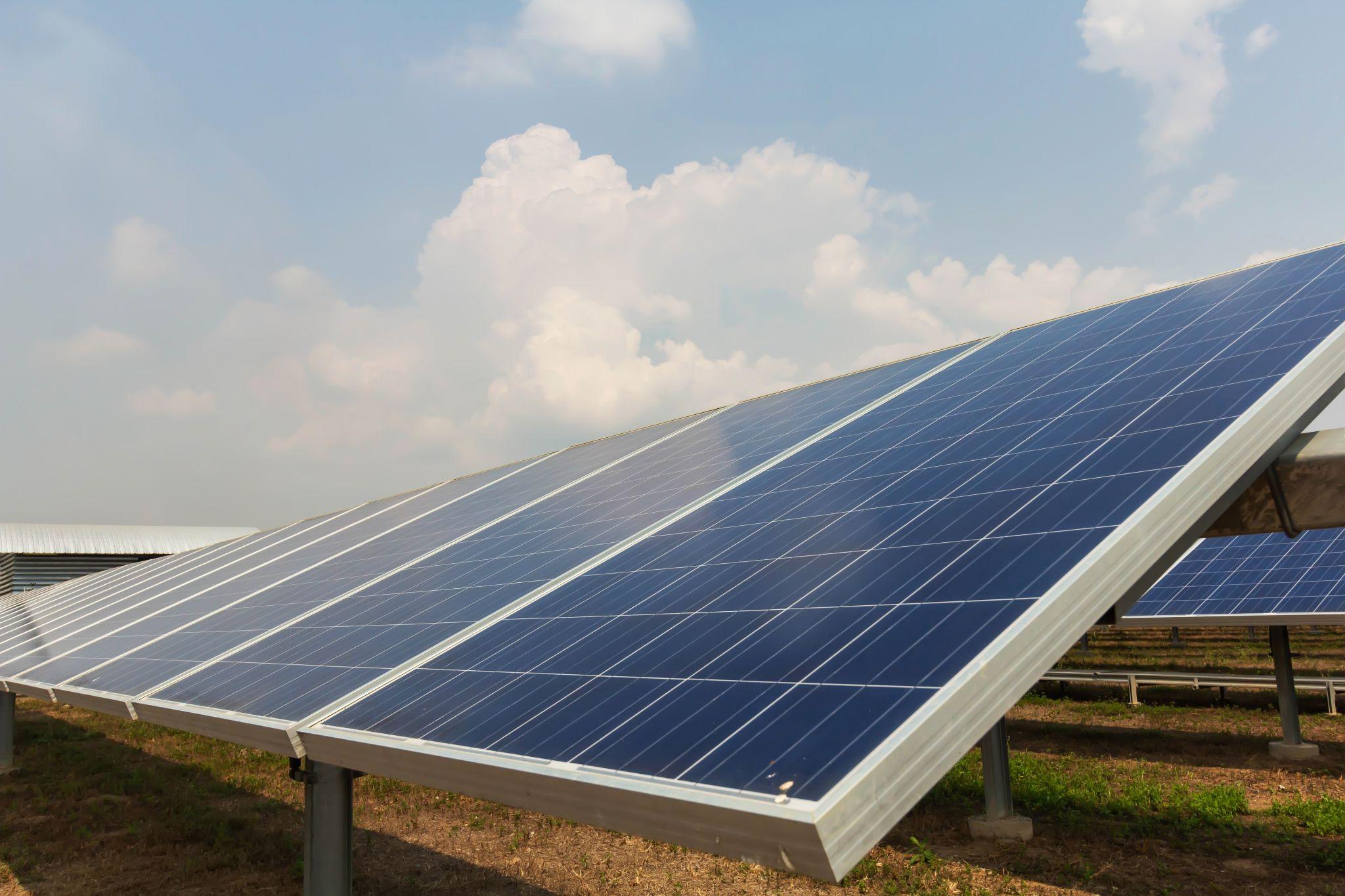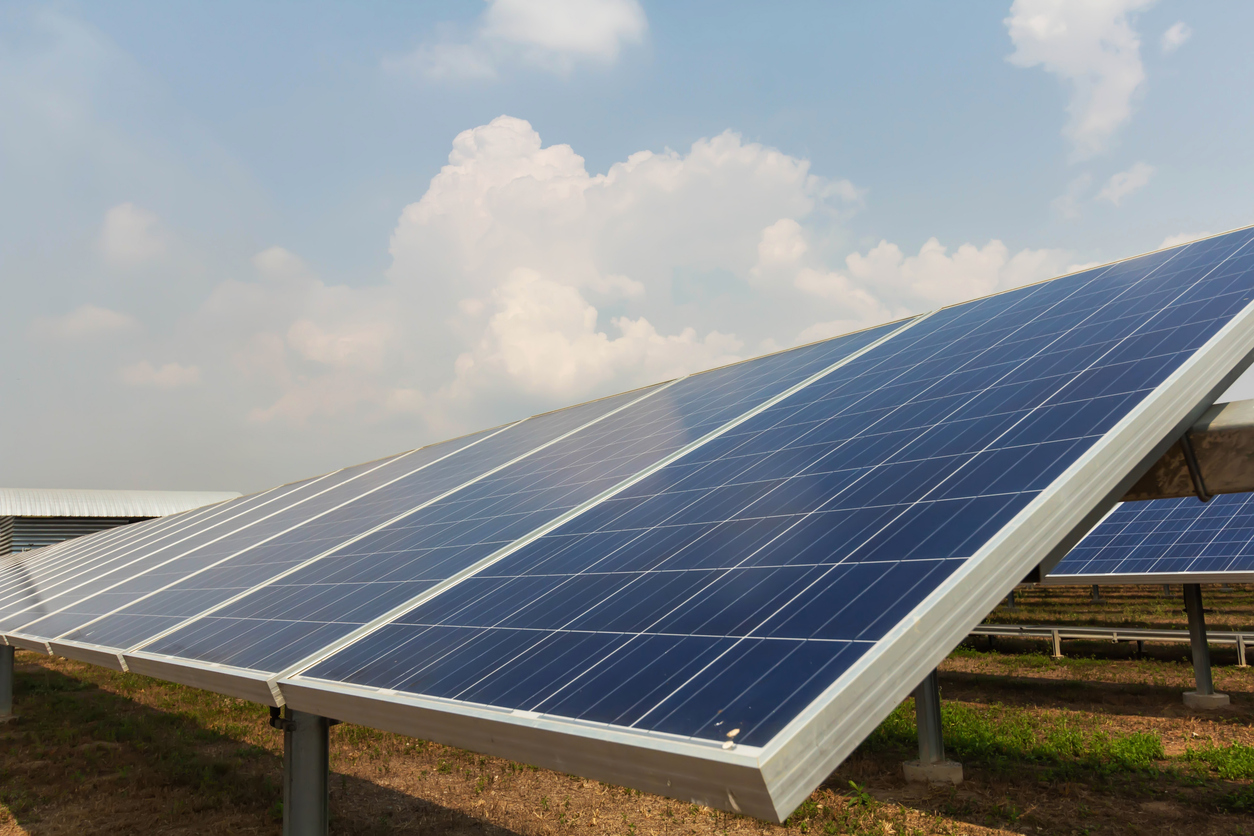Renewable Energy Systems: Heat Pumps vs. Solar Panels

The growing emphasis on renewable energy in the UK has encouraged homeowners to explore sustainable solutions for their properties. Among the most popular options are solar panels and heat pumps, both offering distinct benefits and features.
As renewable energy technology evolves, these systems shape how homeowners address energy efficiency and sustainability. In this article, we’ll compare these two solutions, highlighting their general features and potential impact.
Before going into details, it’s important to mention the importance of contacting a professional installer who can assist you before making an important decision. They can also provide the latest information on aspects such as updated solar panel prices and more.
Solar Panels: Versatile and Long-Lasting Energy Solutions
Solar panels have become a hallmark of renewable energy adoption, harnessing sunlight to generate electricity. They are particularly effective for properties with ample roof space and good sun exposure. The technology behind solar panels has advanced significantly in recent years, with options like monocrystalline panels leading the market due to their high efficiency. However, alternatives such as polycrystalline and thin-film panels offer a more affordable entry point for those prioritising cost over efficiency.
One of the most appealing aspects of solar panels is their versatility. They can power household appliances, heating systems, and even electric vehicles. When paired with a battery storage system, homeowners can store excess energy for use during the night or on overcast days. This level of self-sufficiency is a key advantage for those seeking greater control over their energy usage. While solar panels do require an initial investment, their long lifespan and potential to significantly reduce electricity bills make them a financially viable option over time.
Heat Pumps: Efficient Heating and Cooling
Heat pumps, on the other hand, are gaining momentum as a heating and cooling solution. Widely adopted in mainland Europe and Scandinavia, these systems transfer heat from external sources like air, ground, or water into the home, offering an energy-efficient alternative to traditional boilers.
Air Source Heat Pumps
Among the different types of heat pumps, air source heat pumps (ASHPs) stand out for their ease of installation and ability to operate effectively across various climates. They can also double as air conditioners during warmer months, making them a year-round solution.
However, it’s important to note that ASHPs may experience reduced efficiency in extremely cold weather. Given the UK’s mild weather conditions and rarely freezing temperatures, this shouldn’t be a problem.
Ground Source Heat Pumps
Ground source heat pumps (GSHPs) offer a more robust and reliable option, drawing heat from the earth through buried pipes. This system delivers consistent performance regardless of external weather conditions, making it an excellent choice for homes with sufficient outdoor space for installation. While GSHPs require a more substantial initial investment due to the groundwork involved, their efficiency and longevity often justify the cost.
Hybrid Heat Pumps
Hybrid heat pumps present another alternative. They combine a heat pump with a traditional boiler. This setup allows the system to switch between the two based on demand and efficiency, ensuring a reliable heat supply even in extreme conditions. Hybrid systems are particularly suitable for homes with high energy demands or less insulation, providing flexibility and peace of mind.
Choosing Between Solar Panels and Heat Pumps
When comparing solar panels and heat pumps, it’s clear that their functionalities differ significantly. Solar panels are primarily designed for electricity generation, whereas heat pumps focus on heating and cooling. Choosing between the two, or deciding to combine them, solely depends on a property’s specific needs. For instance, a home with high electricity consumption might benefit more from solar panels, while one requiring an efficient heating solution could prioritise a heat pump.
Installation requirements also play a key role. Solar panels work best for homes with unobstructed roof space, while heat pumps need adequate outdoor space for installation, especially in the case of ground source systems. Efficiency also varies, with heat pumps generally offering superior energy efficiency for heating applications and solar panels excelling in clean electricity production for broader use cases.
Emerging Trends in Renewable Energy
One notable trend in renewable energy is the integration of these technologies. Pairing solar panels with heat pumps creates a self-sustaining energy system. The solar panels generate electricity to power the heat pump, reducing reliance on the grid and lowering overall energy costs.
Final Thoughts
In conclusion, as renewable energy systems become more accessible and advanced, they offer UK homeowners a range of options to reduce their carbon footprint and enhance energy efficiency. While solar panels shine in electricity generation, heat pumps lead in heating and cooling capabilities. The choice between these technologies, or the decision to combine them, depends on individual circumstances, from energy demands to property characteristics.
Ultimately, both solar panels and heat pumps represent significant steps toward a more sustainable future. By staying informed about emerging technologies and trends, homeowners can make decisions that align with their environmental goals and provide lasting benefits for years to come.





























